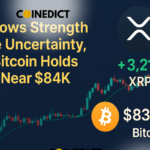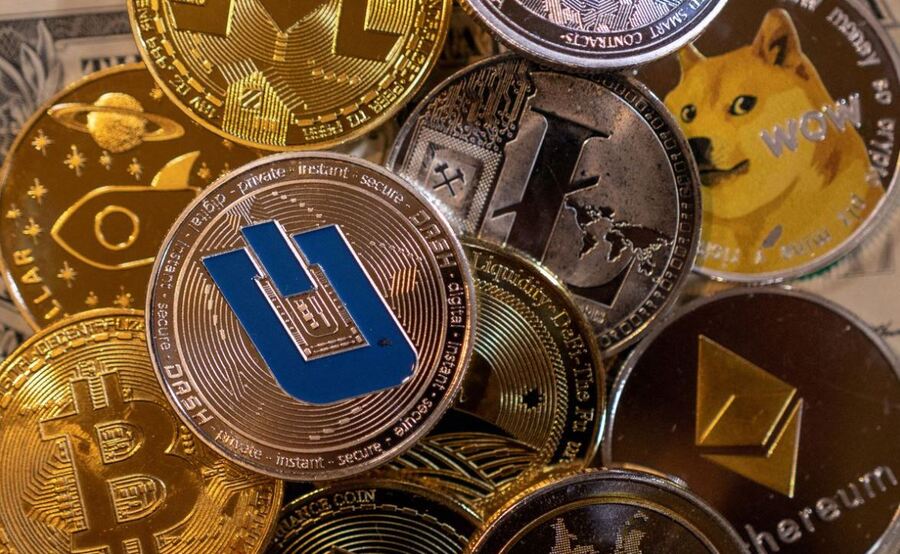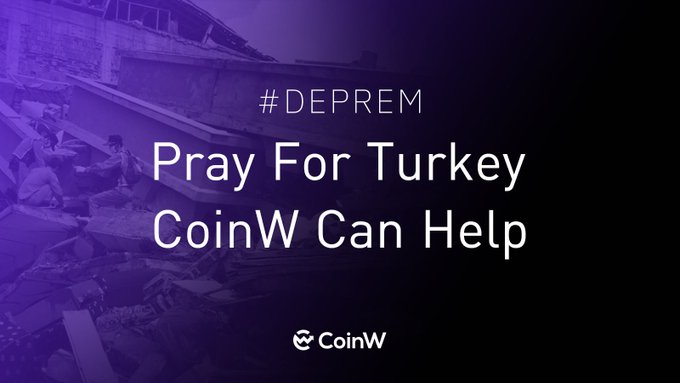
Yield Farming and Interoperability: Bridging Different Blockchains
Yield farming has become a popular way for cryptocurrency holders to earn passive income on their holdings. Yield farming typically involves staking or lending cryptocurrencies on a decentralized finance (DeFi) platform in exchange for rewards or interest. As the DeFi space continues to expand, yield farming has become more sophisticated and diverse, with new platforms and strategies emerging. One issue that yield farmers face is the fragmentation of the blockchain ecosystem. There are now many different blockchains, each with its own unique features and applications. While this diversity can be a strength, it can also make it difficult to move assets between different chains. This is where interoperability comes in – the ability for different blockchains to communicate and work together seamlessly. In this article, we will explore the concept of interoperability and how it relates to yield farming. We will also discuss some of the challenges facing interoperability and the projects that are working to overcome them. What is Interoperability? Interoperability is the ability for different blockchains to communicate and interact with each other. This means that assets can be transferred between different chains without the need for intermediaries or centralized exchanges. Interoperability is a key concept in the blockchain space because it allows for greater flexibility and efficiency in the use of digital assets. Currently, the vast majority of blockchain networks are isolated from one another. This means that if you hold Bitcoin, for example, you can only use it on the Bitcoin network. If you want to use it on another network, you would need to convert it to another cryptocurrency or use a centralized exchange. This can be time-consuming, expensive, and complicated. Interoperability aims to solve this problem by allowing for seamless communication between different blockchain networks. This would allow for assets to move freely between different chains, opening up new possibilities for decentralized finance and other blockchain applications. Interoperability and Yield Farming Interoperability is particularly important for yield farming because it allows for more efficient and diverse strategies. For example, if a yield farming platform only operates on one blockchain network, it may be limited in the types of assets it can offer for lending or staking. This could limit the rewards that farmers can earn and reduce the attractiveness of the platform. By contrast, a yield farming platform that operates on multiple blockchain networks can offer a wider range of assets and strategies. This could allow for more competitive rewards and attract more farmers to the platform. Additionally, interoperability can help to reduce the risk of platform-specific failures or hacks, as assets can be easily moved to other chains if necessary. Challenges Facing Interoperability Despite the potential benefits of interoperability, there are several challenges that must be overcome. One of the main challenges is the lack of standardization between different blockchain networks. Each blockchain has its own unique features and technical specifications, which can make it difficult for them to communicate with one another. Another challenge is the risk of security vulnerabilities. Interoperability requires the sharing of information and assets between different chains, which can create new attack vectors for hackers. This means that any interoperability solution must be designed with security in mind to minimize the risk of exploits or hacks. Finally, there is the issue of governance. Interoperability solutions typically require collaboration between different blockchain communities and stakeholders. This can be challenging to coordinate, particularly when there are competing interests or conflicting visions for how interoperability should be implemented. Projects Working on Interoperability Despite these challenges, there are several projects working on interoperability solutions for the blockchain ecosystem. Some of the most promising projects include: Polkadot: Polkadot is a blockchain network that aims to provide interoperability between different chains. It uses a unique sharding approach to allow for parallel processing of transactions across multiple chains. This allows for greater scalability and flexibility in the use of digital assets. Cosmos: Cosmos is another project that focuses on interoperability between different blockchains. It uses a system of interconnected hubs and zones to allow for communication between different chains. This allows for assets to move freely between different chains without the need for centralized exchanges or intermediaries. Chainlink: Chainlink is a decentralized oracle network that provides reliable and secure data feeds for smart contracts. It can be used to connect different blockchain networks and provide access to off-chain data and resources. This can be useful for yield farming platforms that require accurate and timely information about market prices and other data. Polygon: Polygon is a Layer 2 scaling solution that aims to provide faster and cheaper transactions on the Ethereum network. It also allows for interoperability between different chains, which can be useful for yield farming and other DeFi activities. Ren: Ren is a decentralized protocol that allows for the interoperability of different blockchain assets. It uses a system of gateways and smart contracts to allow for the transfer of assets between different chains. This can be useful for yield farming platforms that require access to a wide range of assets. These projects are just a few examples of the many initiatives that are working on interoperability solutions for the blockchain ecosystem. Each project has its own unique approach and set of features, and it will be interesting to see how they develop over time. Conclusion Interoperability is a key concept in the blockchain space, and it is particularly important for yield farming and other DeFi activities. The ability to move assets between different chains can allow for more efficient and diverse yield farming strategies, as well as reducing the risk of platform-specific failures or hacks. However, there are several challenges that must be overcome, including the lack of standardization between different chains, the risk of security vulnerabilities, and the issue of governance. Despite these challenges, there are many projects working on interoperability solutions for the blockchain ecosystem. These projects use a variety of approaches, from sharding and interconnected hubs to decentralized oracles and gateways. As the blockchain space continues to evolve, it will…

















